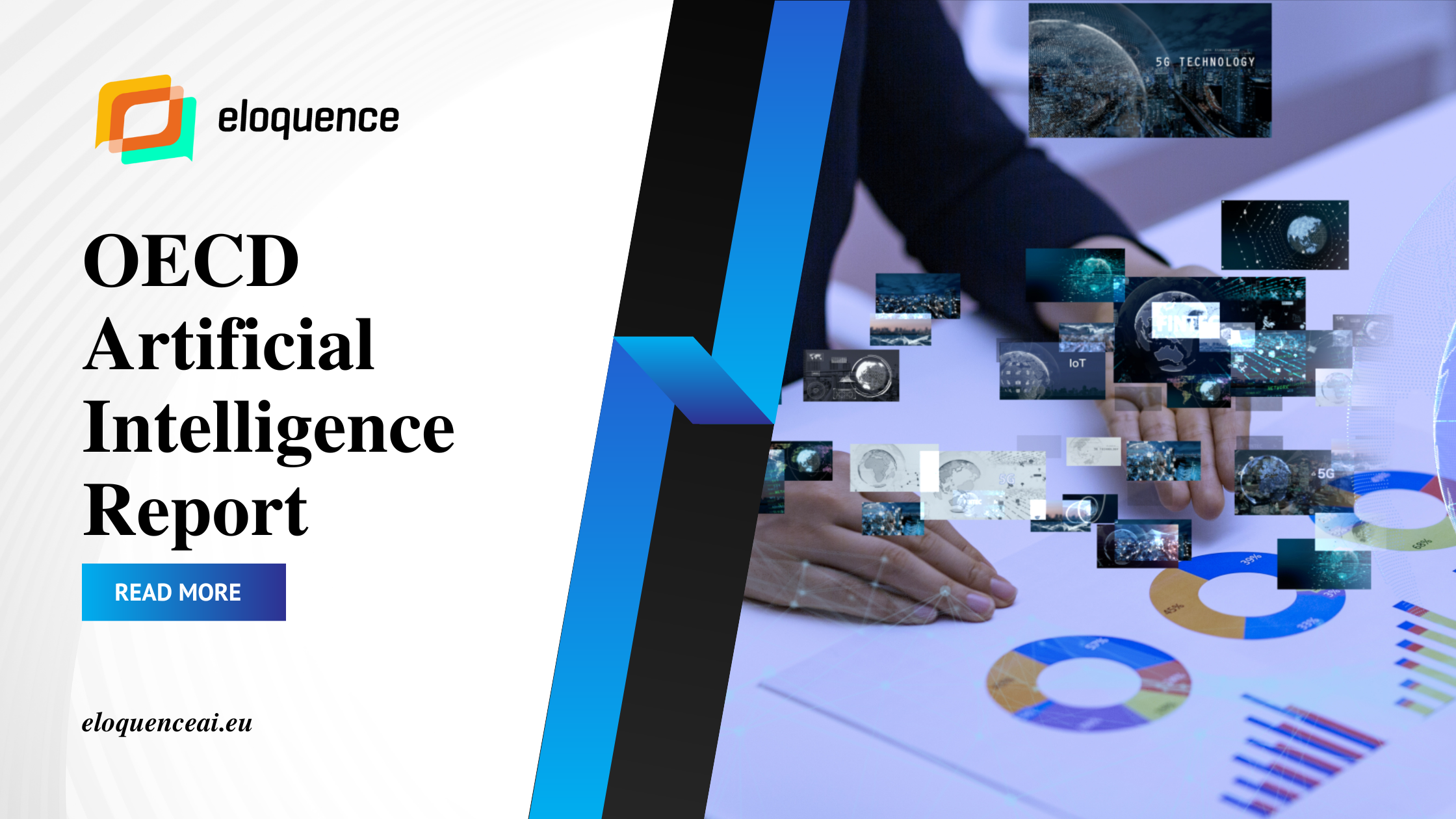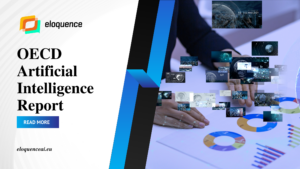Recent developments in Artificial Intelligence (AI) bring immense potential and significant risks. Organisation for Economic Co-operation and Development (OECD) understood the need for forward-thinking in policies and governance, which has never been more critical.
Their latest report on AI futures, which brings together research and expert perspectives, outlines key benefits, risks, and policy actions that can help steer AI toward positive outcomes while mitigating its potential harms.
Utilization of the Benefits and Addressing the Risks of AI
It is no longer unimaginable that AI will transform multiple sectors and bring benefits. The OECD Expert Group identified several potential advantages, with ten key areas warranting policy focus. Some of the key areas are accelerated scientific progress, economic growth, reducing inequality and poverty, better decision-making and improved healthcare and education.
While AI brings vast opportunities, it also poses several risks that must be addressed. The report identifies ten priority risks that require heightened policy attention and some of them are cybersecurity threats, disinformation and manipulation, AI safety, surveillance and privacy concerns and job displacement. The risks associated with AI require proactive and robust governance mechanisms to ensure that these technologies do not undermine societal values, including privacy, democracy, and equality.
The OECD report offers several key policy recommendations to manage AI’s benefits and risks effectively. These include:
- Clearer Regulations
- AI Safety Investments
- AI Ethics and Transparency
- Reskilling and Education for an inclusive labour market
Witnessing the power and effect that policymakers can have, they can help in the creation of an environment where AI benefits society while minimizing its potential risks.
The relative novelty of AI in current society requires policymakers to assert themselves in order to direct the development of AI. As said the guidelines from the OECD report offer a map as to how AI can be made to be of maximum benefit with minimum harm. To enhance governance outcomes of the respective countries, governments need to follow the policy suggestions. In this way, we can open up a future in which that technology leads to an improved, safer, and more just world.
For more information:


